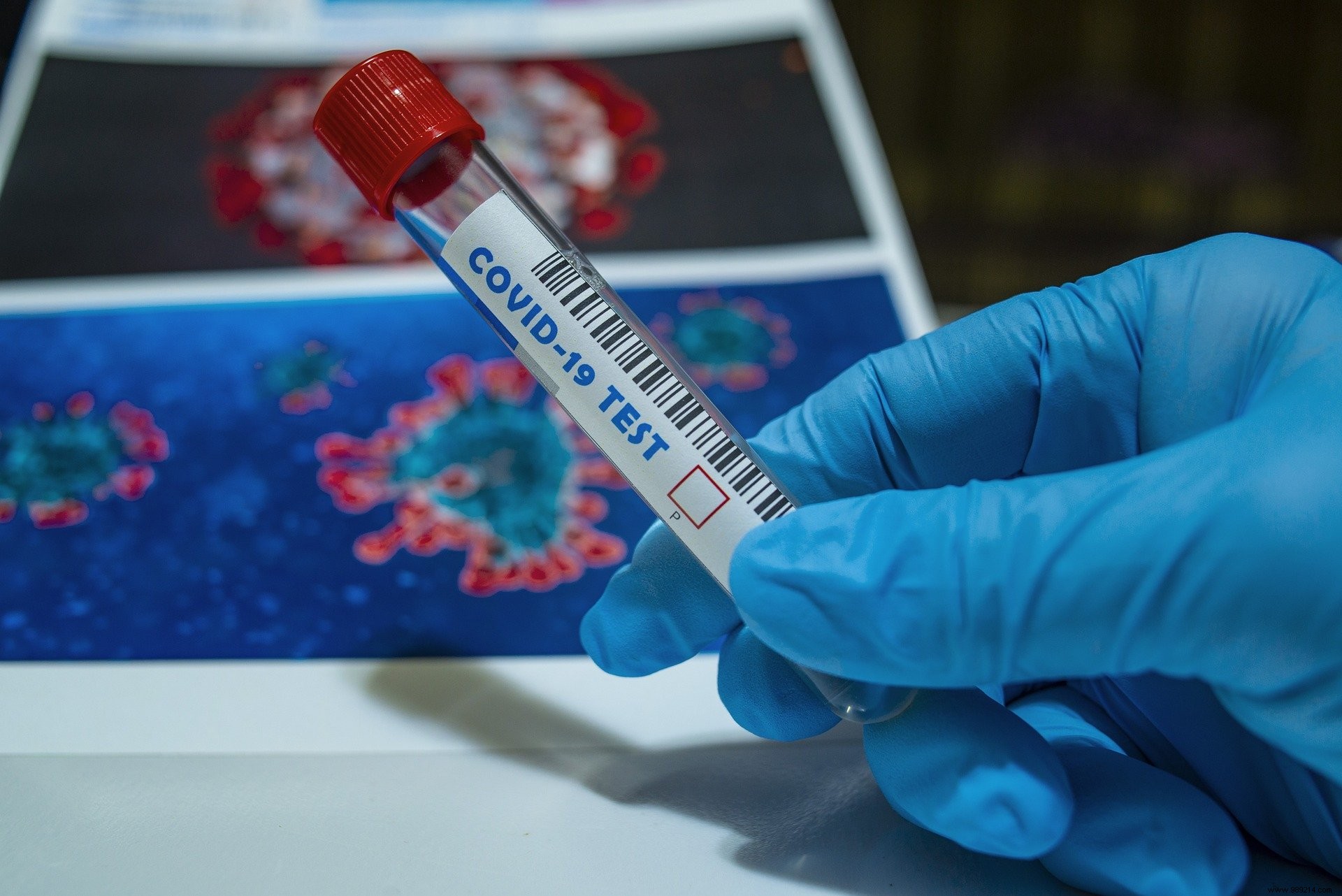A preliminary study from China identified SARS-CoV-2 in the semen of some men with active or recent COVID-19 infections. However, experts emphasize that sexual transmission remains highly unlikely.
SARS-CoV-2, the virus causing COVID-19, has been detected in various body sites beyond the lungs, including the kidneys, heart, liver, and gastrointestinal tract. Now, research confirms its presence in seminal fluid. This finding comes from a study led by experts at Shangqiu Municipal Hospital in Henan, China, published on May 7 in JAMA Network Open. While intriguing, it does not raise immediate alarms.
Conducted by Dr. Shixi Zhang and colleagues, the research examined 38 men from Shangqiu who tested positive for COVID-19 and exhibited symptoms or had recently recovered. Semen samples from each were tested for SARS-CoV-2.
Results showed viral genetic material in the semen of six participants—16% of the cohort. Four had active COVID-19 symptoms, while two had recovered shortly before testing.

Importantly, detecting viral genetic material does not confirm infectious, viable virus capable of transmission.
“This is an interesting finding, but it needs confirmation of infectious virus—not just viral remnants—in semen,” notes Dr. Stanley Perlman, professor of microbiology, immunology, and pediatrics at the University of Iowa, in comments to the New York Times. “No evidence supports infection via sexual contact or intrauterine insemination with infected sperm.”
Primary transmission occurs through respiratory droplets. The study did not assess viral persistence in semen, as participants were symptomatic or recently recovered (affected individuals reported improvement just 2-3 days prior).
Contrasting studies, such as one published April 17 in Fertility and Sterility involving 34 men in Wuhan a month post-diagnosis, found no viral material.
Source